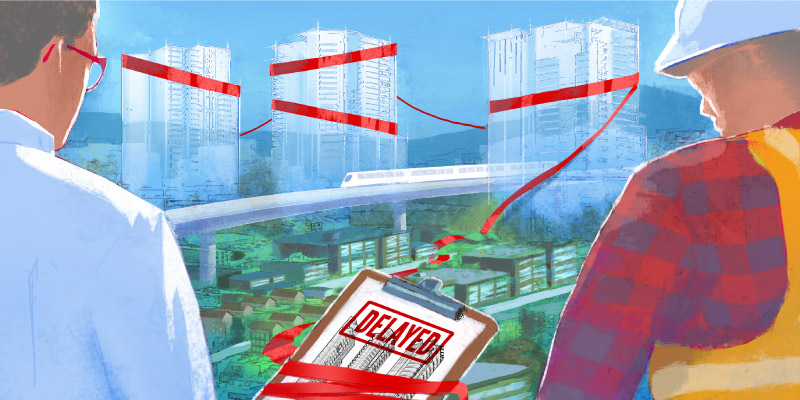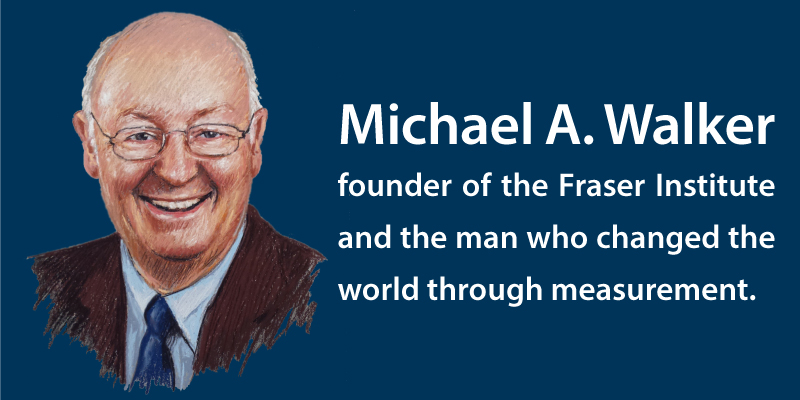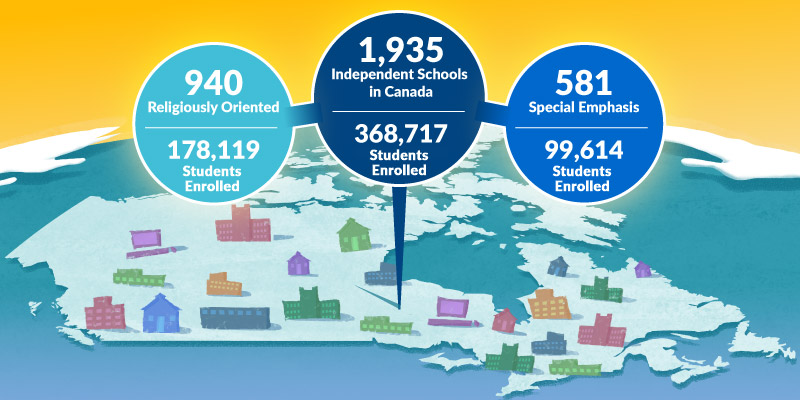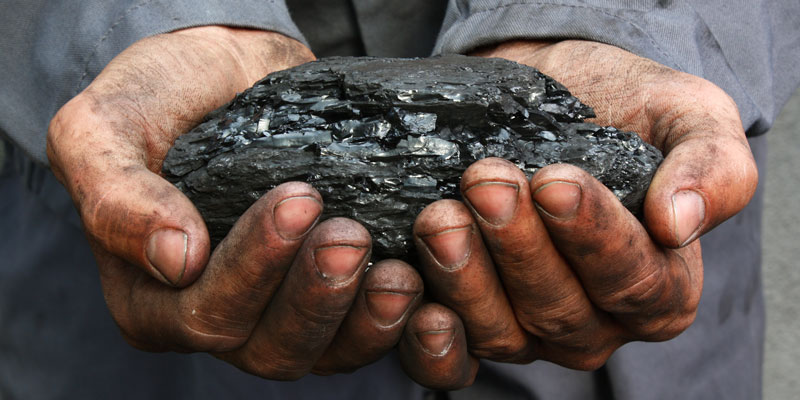 Executive Summary
Executive Summary Read the Full Report
Read the Full Report View the Landscape of Independent Schools in Canada Infographic
View the Landscape of Independent Schools in Canada Infographic View the Landscape of Independent Schools in BC Infographic
View the Landscape of Independent Schools in BC Infographic View the Landscape of Independent Schools in Alberta Infographic
View the Landscape of Independent Schools in Alberta Infographic View the Landscape of Independent Schools in Ontario Infographic
View the Landscape of Independent Schools in Ontario Infographic View the Landscape of Independent Schools in Quebec Infographic
View the Landscape of Independent Schools in Quebec Infographic Read the News Release - British Columbia
Read the News Release - British Columbia Read the News Release - Alberta
Read the News Release - Alberta Read the News Release - Ontario
Read the News Release - Ontario Read the News Release - Quebec
Read the News Release - Quebec






